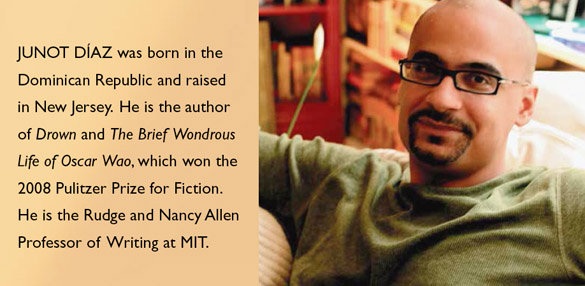A: Man, you guys have some good intel. I have family members who only found out after the neck brace came off. But definitely, I read like crazy while I was laid up; reading for me is proof against anything, but especially pain. These books in particular gave solace: Two superb collections of stories, from Krys Lee (“Drifting House”) and Tania James (“Aerogrammes”). Also Wasik and Murphy’s Rabid: A Cultural History of the World’s Most Diabolical Virus. But really, the book that most lifted me out of my bent clay was Ramón Saldívar’s The Borderlands of Culture: Américo Paredes and the Transnational Imaginary. There’s a reason Saldívar won the National Humanities Medal. His insights on Paredes’s years reporting in Japan alone are priceless.
Q: What’s the last truly great book you read?
A: Katherine Boo’s Behind the Beautiful Forevers. A book of extraordinary intelligence, humanity and (formalistic) cunning. Boo’s four years reporting on a single Mumbai slum, following a small group of garbage recyclers, have produced something beyond groundbreaking. She humanizes with all the force of literature the impossible lives of the people at bottom of our pharaonic global order, and details with a journalist’s unsparing exactitude the absolute suffering that undergirds India’s economic boom. The language is extraordinary, the portraits indelible, and then there are those lines at the end that just about freeze your heart: “The gates of the rich, occasionally rattled, remained unbreached. The politicians held forth on the middle class. The poor took down one another, and the world’s great, unequal cities soldiered on in relative peace.”
In fiction, though, the ‘last truly great book’ I read has to be Alejandro Zambra’s Bonsai. A subtle, eerie, ultimately wrenching account of failed young love in Chile among the kind of smartypant set who pillow-talk about the importance of Proust. You get the cold flesh of the story in that chilling first line: “In the end she dies and he remains alone, although in truth he was alone some years before her death.” But only by reading to the end do you touch the story’s haunted soul. A total knockout.
Complete interview
The New York Times Sunday Book Review
Suggested Links
MIT News | Junot Díaz wins Pulitzer Prize for Fiction
MIT SHASS | Comparative Media Studies | Writing
